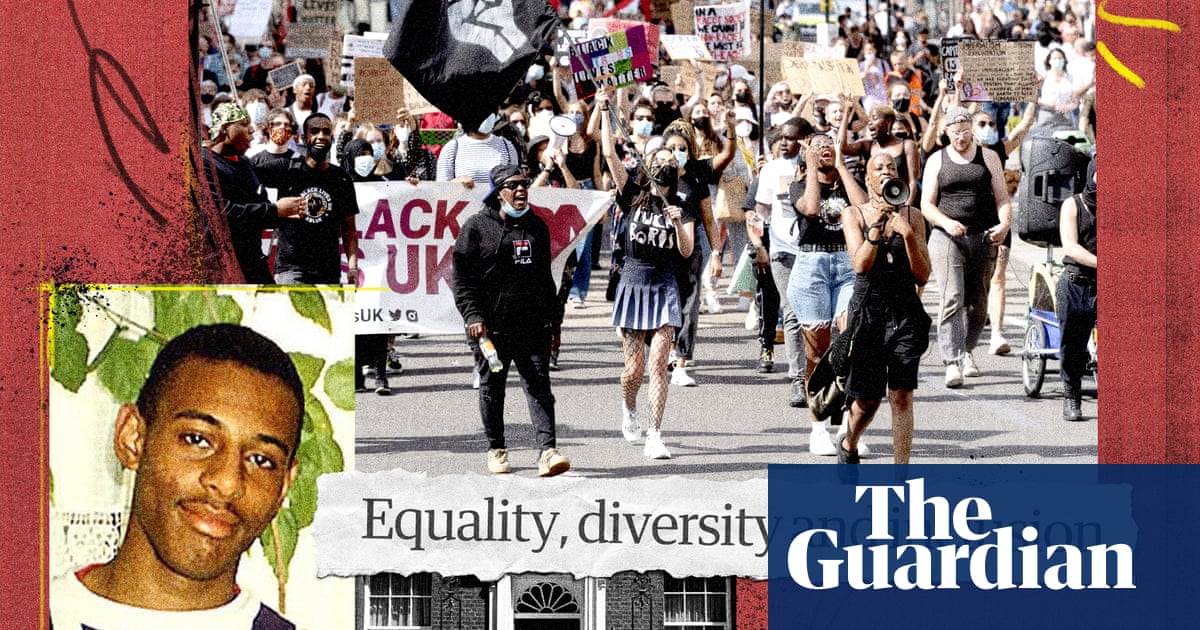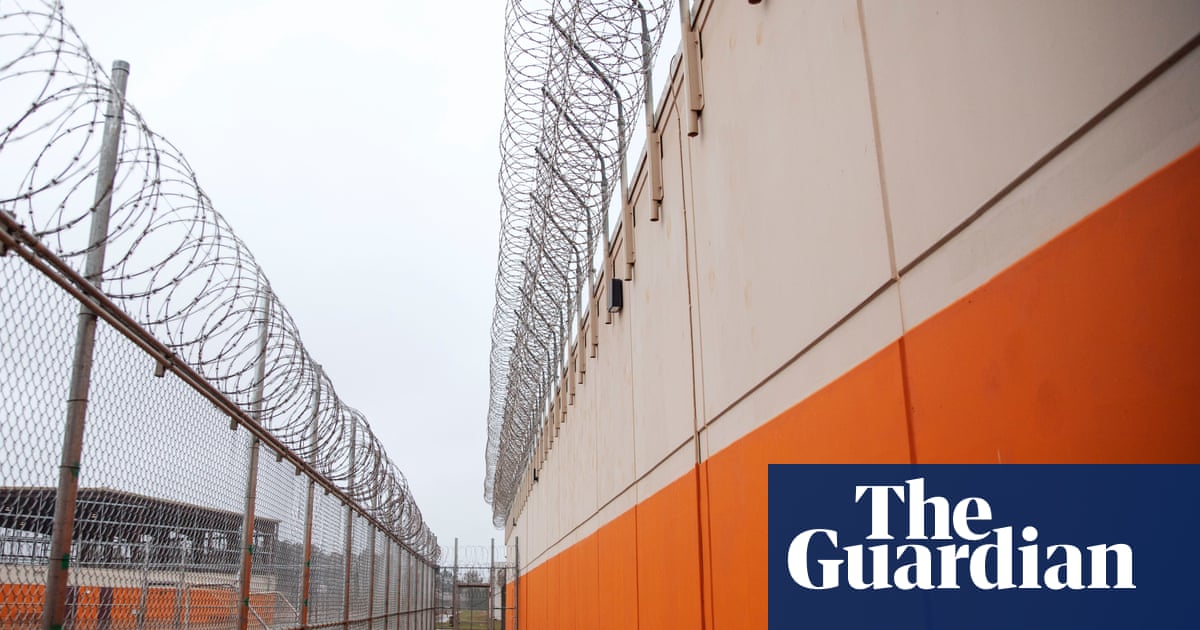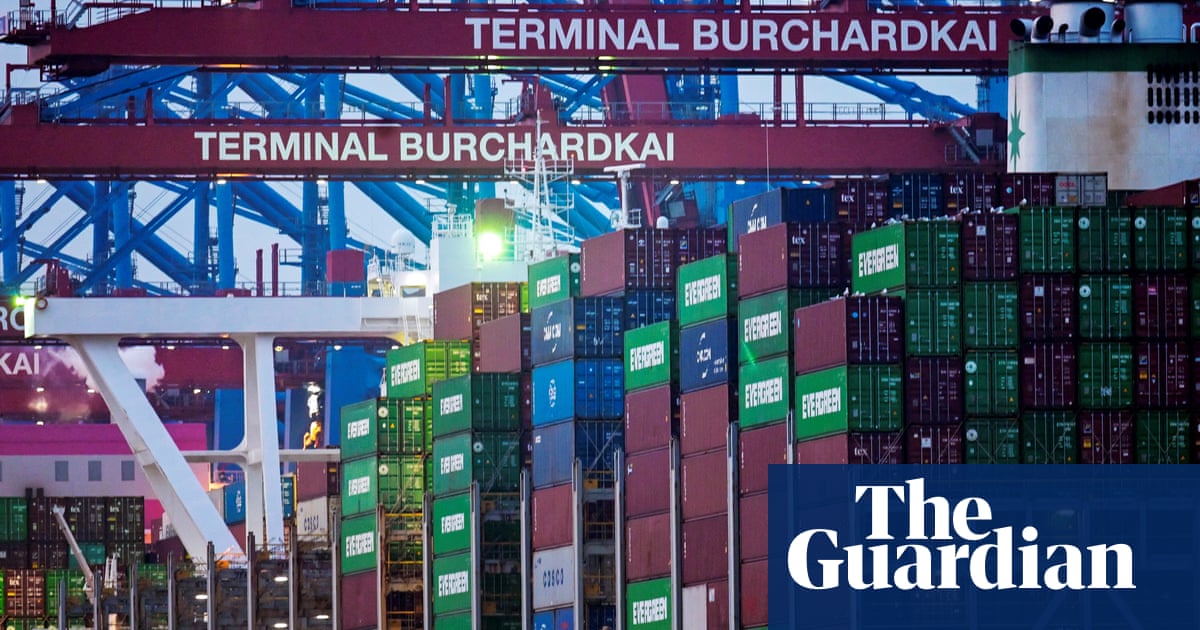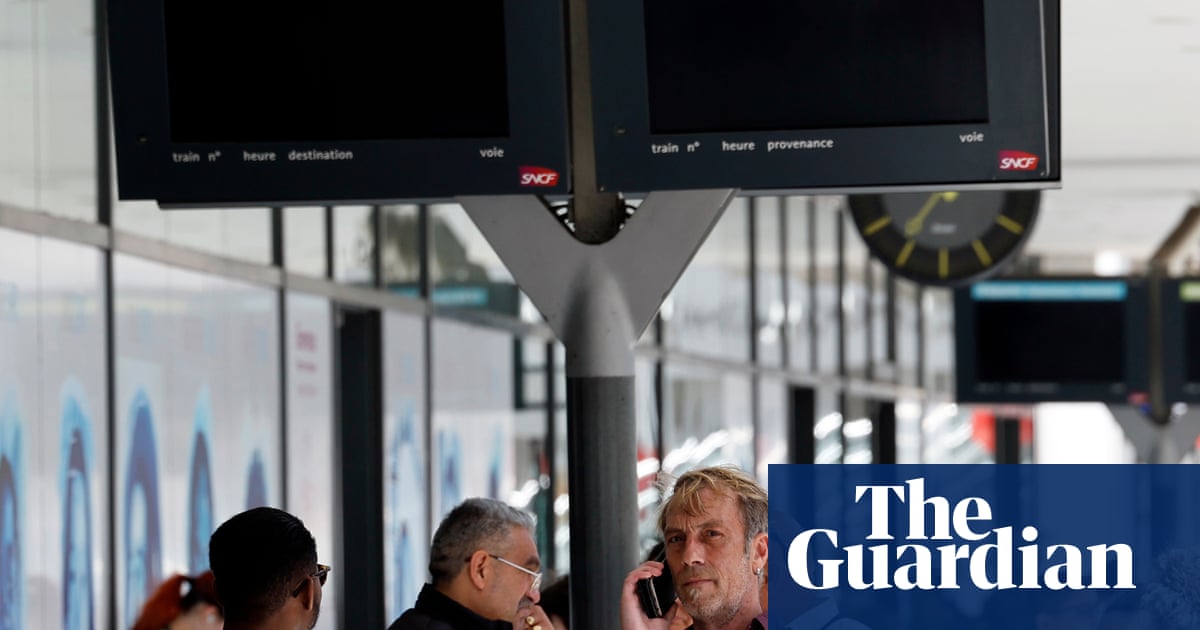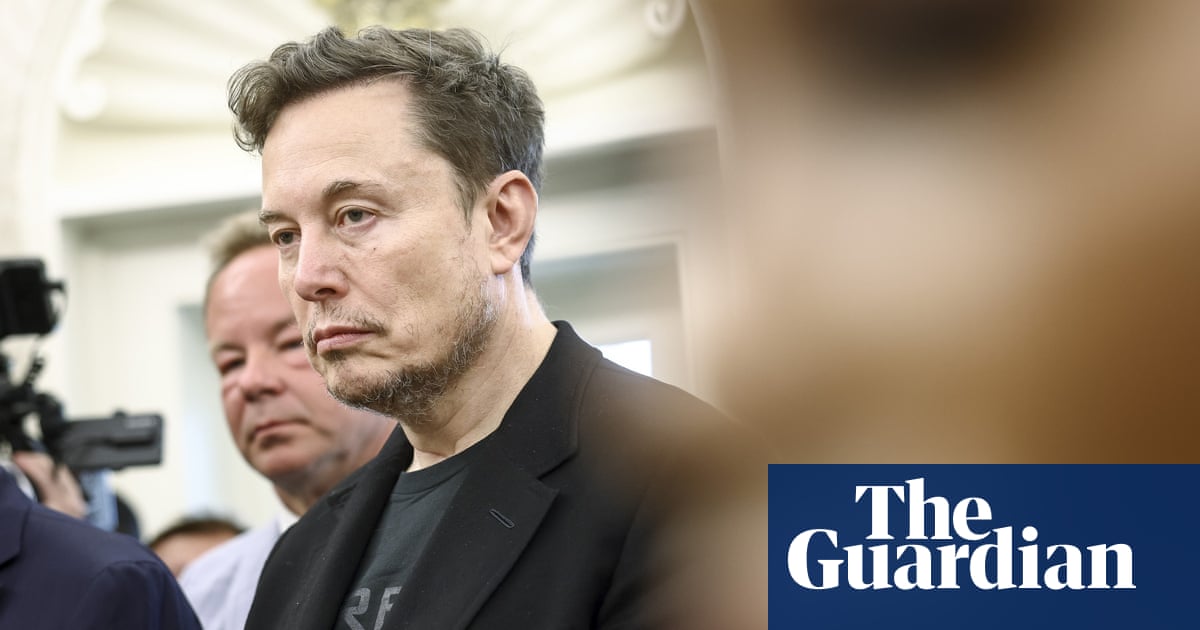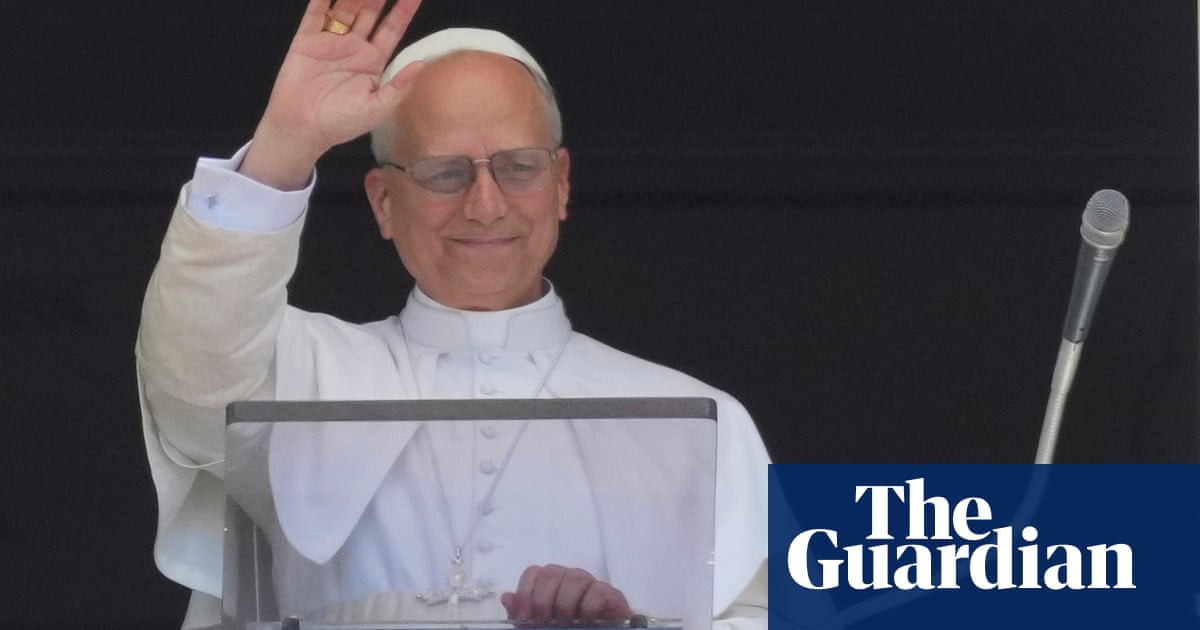Optus’s new chief executive, Stephen Rue, says artificial intelligence will play a significant role in the future of telecommunications, but humans will remain central to the company.
Rue joined the Australian mobile network operator, a subsidiary of Singaporean telecommunications company Singtel, in November last year after six years at the helm of the federal government’s National Broadband Network (NBN).
His appointment came after two tough years for the telco, with a massive data breach affecting millions of customers, and a 14-hour national mobile network outage that led to new rules around emergency calling. The previous chief executive, Kelly Bayer-Rosmarin, quit the company two weeks after the outage.
Customers have slowly returned to Optus, with the company adding 238,000 new mobile subscribers, including 52,000 on postpaid plans, in its financial year ending 31 March 2025, results released on Thursday showed.
As companies across the globe begin to examine how to incorporate artificial intelligence (AI) into their business, Rue said the technology would have a significant role in the future of telecommunications, particularly in helping customers.
“One of the things we need to do in terms of IT and data and, indeed, process redesign is to look at how we incorporate AI into that,” he said.
“It will help us with customer experience. It will help us with identifying faults, for example, by identifying customers’ issues so that they [can be] dealt with, enabling them to simply solve their own problems, enabling us to look at customer segmentation in a more granular way, so that we can actually deliver offers, deliver products to customers.”
He said while AI would find efficiencies in the company, humans would always have a role.
“On top of AI, there’s clearly decisions that would need to be taken by humans,” he said.
“AI can help bring a lot of data analytics quickly to humans so they can make better decisions.
“For example, you’ll always need technicians in the field. You always need people building, you’ll always need people making decisions around creative, people making decisions in call centres for customers, so AI can actually supplement that.”
after newsletter promotion
Rue said his focus since starting at Optus had been examining the company’s governance, risk management and how to rebuild trust in the community.
“The other focus I’ve had is clearly in looking at our longer-term plans in terms of network, with not just a focus on resilience, which you’d expect, but also a focus on [the] company longer-term,” he said.
“It’s simplifying the organisation, managing our costs and ensuring that we can continue to have a range of products that are competitive in the marketplace.”
After spending endless hours over the past few years answering questions from senators in Senate estimates about the state of the NBN, Rue said he was not surprised the government-owned national broadband network had not been a key focus of the federal election this time around.
“There was a lot of debate over the last decade. I think with the National Broadband Network that has now clearly been not just built out, but there’s clear plans to upgrade technology to more fibre-based and to higher speeds, and the NBN has obviously also increased the capability of the fixed wireless network,” he said.
“In some ways, a lot of the policy debate has either been settled or has moved on in the last decade.”
Rue said there was more to do on mobile coverage across Australia, and he was looking forward to working with the government, including the new communications minister, Anika Wells, on the universal outdoor mobile coverage plan that would leverage commercial low-earth orbit satellite networks, such as Starlink, to supplement mobile networks in places where there was no coverage for text and calls.
“I think that clearly will be a discussion of policy and how that can be implemented,” he said.
“Personally, I’m very supportive of these discussions with government, and it will, I think, provide operators like Optus and an ability to provide cost-effective ways to provide those services.”
Optus reported earnings before interest, tax, depreciation and amortisation of $2.2bn, up 5.7% on its previous financial year.

 3 hours ago
2
3 hours ago
2

